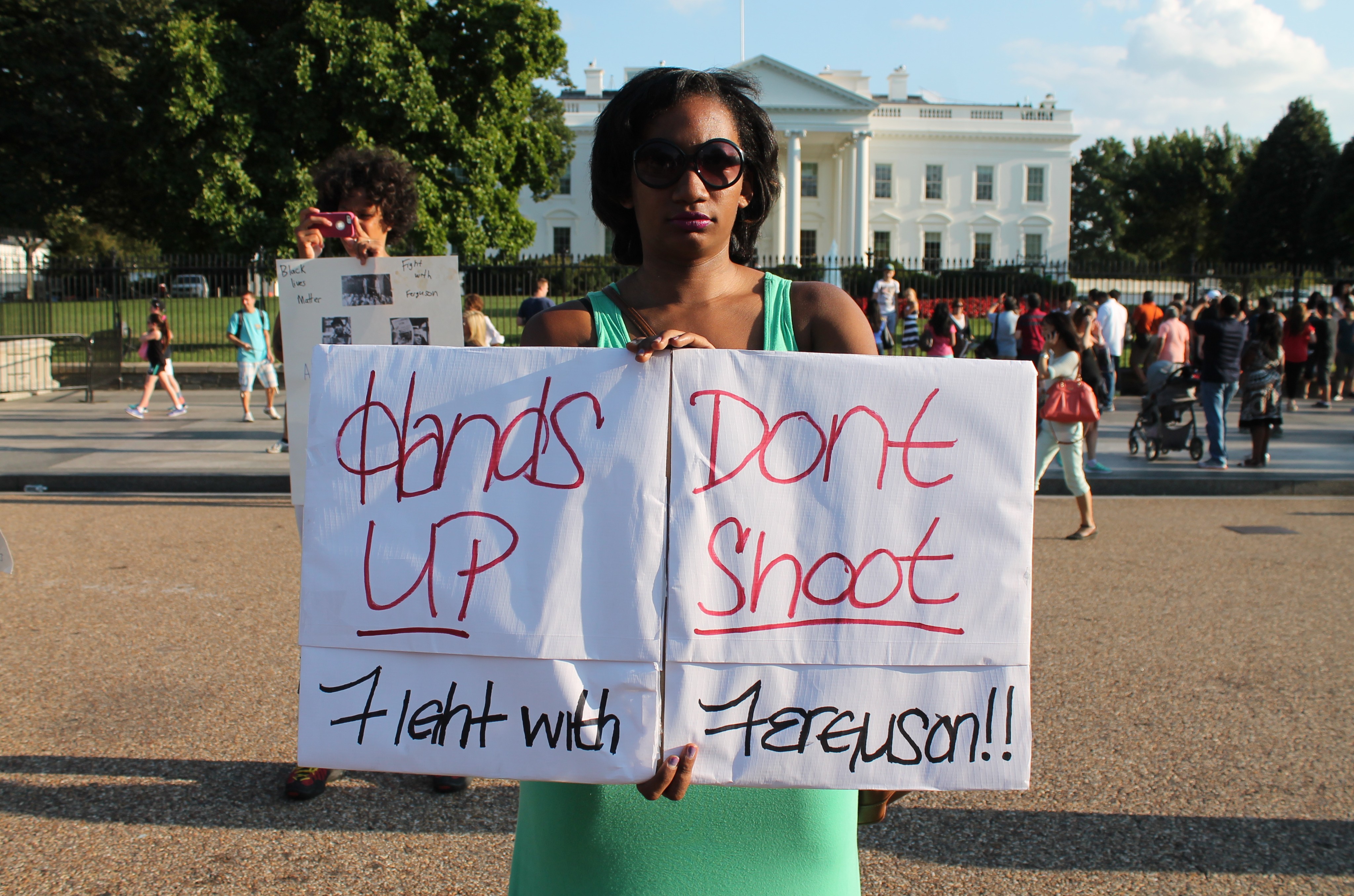[dropcap]P[/dropcap]olice departments across the country have come under intense scrutiny concerning their interactions with the minority community this past year. In particular, two cases have cast the police in a negative light. The first is the death of unarmed teen Michael Brown, who was shot and killed by an officer in Ferguson, Missouri. In the second case, officers attempting to place Eric Garner under arrest put him in a banned chokehold that led to his death. Both cases did not result in an indictment of the police officers. As retaliation against these two cases, a lone vigilante ambushed and killed two NYPD officers in their squad car in Brooklyn. Prior murdering the officers, the killer posted on social media sentiments such as “I’m going to put wings on pigs” and “take one of ours we take two of theirs.”
Moreover, it was announced Tuesday evening that the high-profile death of Trayvon Martin is finally coming to a close. The U.S. Department of Justice will not charge neighborhood watch volunteer George Zimmerman with hate crime. Though Zimmerman was not a cop, this case brought latent race issues to the forefront of the national consciousness. These divisive cases will only come to an end when these incidents of excessive or lethal force against minorities are substantially reduced.
Minority communities have long been wary of the police. Historically, African American males are arrested at rates much higher than their white, Asian, and Hispanic counterparts. According to a 2013 report released by the Pew Research Center, black men are six times more likely to be incarcerated than white men. The race gap in incarceration rates has actually skyrocketed since the turn of the 21st century. Additionally, there have been issues concerning “stop and frisk” practices. Eighty-five percent of New Yorkers stopped by police in 2013 were black or Latino, according to the New York Civil Liberties Union. This overt suspicion leads to feelings of distrust and resentment.
On the other hand, police feel unsafe as they witness attacks against the police force, like the murder of officers Wenjian Liu and Rafael Ramos in December. The New York Police Department in particular is disenchanted with its authority, so much so that they have repeatedly turned their backs on New York City Mayor Bill de Blasio as a refusal to acknowledge his presence. The NYPD felt that the mayor encouraged the subsequent retaliations by empathizing with the protesters instead of siding with the department.
[dropcap]M[/dropcap]any minorities are afraid of the very people who are supposed to protect them. Police are afraid of bearing the brunt of social outrage, and they feel as though their ability to do their job is being diminished. With both sides distrustful and fearful of one another, little progress can be accomplished. Both police and minority communities have to be willing to overcome their prejudices and stereotypes in order to mend the wrongs, be they perceived or actual. Some cops are bad, some minorities commit crime, but not all cops are bad nor are all minorities criminals. Until we can get each side to see this and begin to truly believe it, the conflicts will continue.
[pullquote]According to a 2014 analysis of census data by the Washington Post, more than 75 percent of cities had police forces that were disproportionately white compared to their communities.[/pullquote] Reform is necessary. One way to bring about this change is to diversify the police force. Current demographics can cause underlying problems, should the officers bring any preconceived notions and prejudices with them about the population of people they are called to serve and protect. If an officer comes from a background that has taught them that all African Americans are criminals, he or she may respond on the job with that preconceived mindset, furthering the rift between the two communities.
Diversifying the police force is not going to be easy, but is needed. One initial step that police academies across the nation would have to do is work on repairing their image with that particular community. Another is to actively recruit and engage members of the minority community who show interest in joining the police force. There may be many in those communities who want to give back, protect and serve but are unfamiliar with the application process. By having a more balanced representation in the police, it may help change the “us” versus “them” mentality that is present in many communities.
Until true change takes place, and both sides can begin to understand one another, the cycle of violence will continue and leave broken communities in its wake.
Taylor Duckett is a senior majoring in business law.
Featured image courtesy Flickr user Global Panorama






